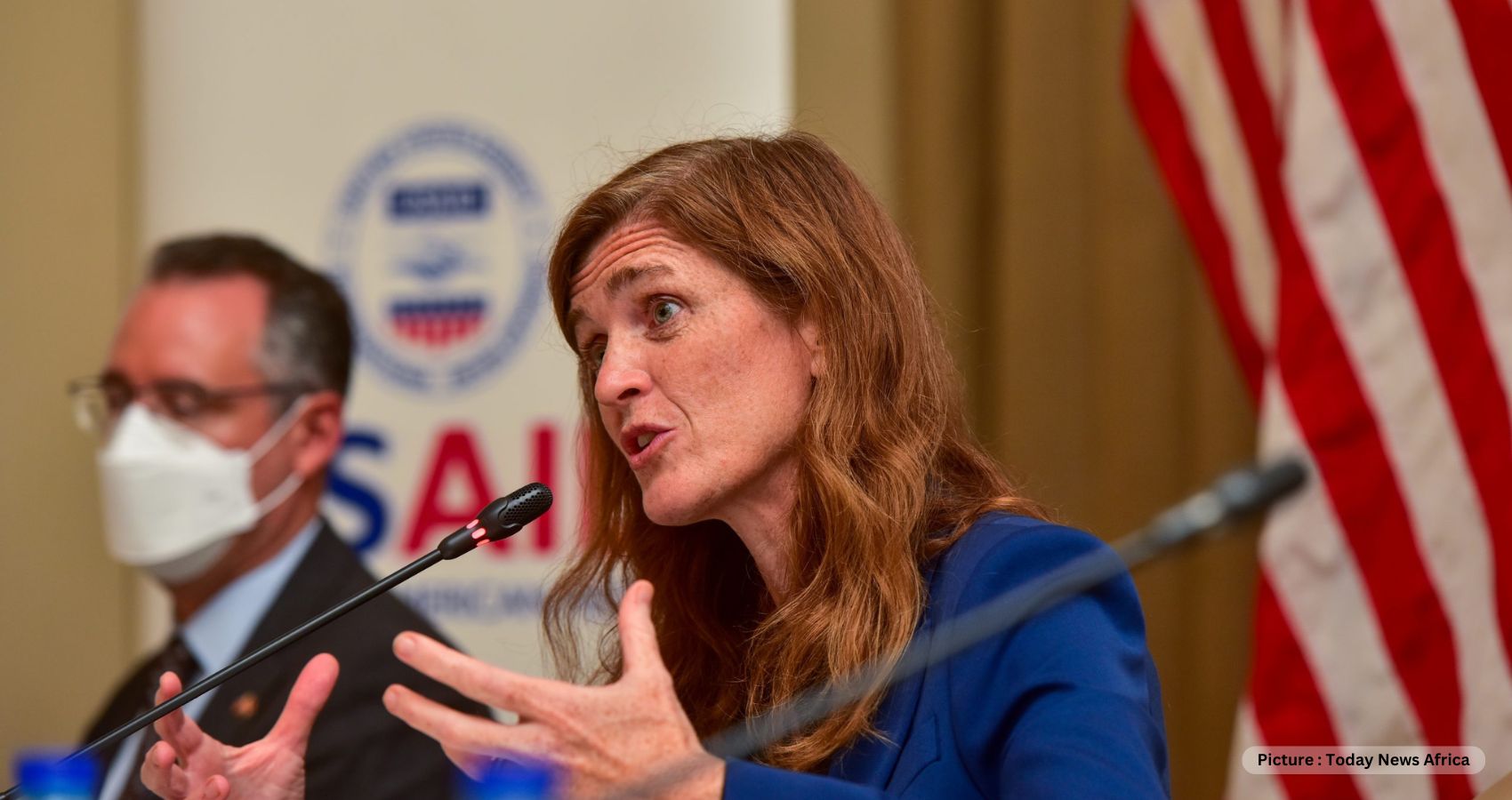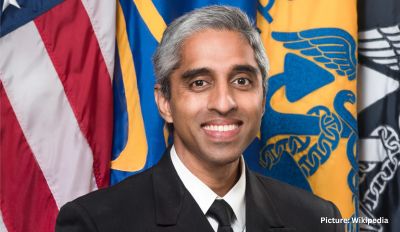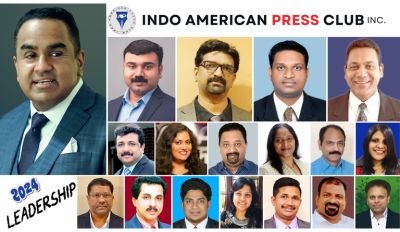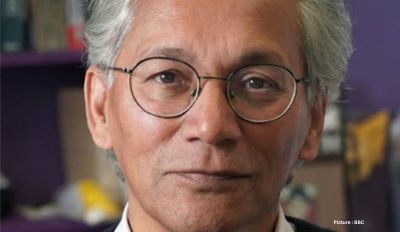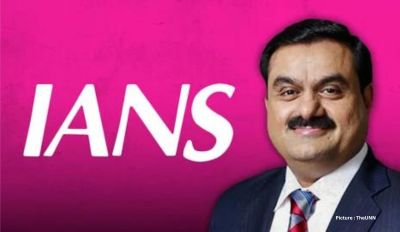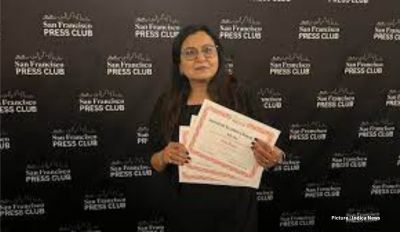News media across the globe, operating under both authoritarian and democratic systems, are constantly subjected to fierce assaults and political interference.
“Press freedom serves as the bedrock of democracy and justice, providing us with the information we need to form opinions and challenge authority. However, press freedom is under siege worldwide,” said UN Secretary-General Antonio Guterres on World Press Freedom Day, May 3. Journalists and media personnel face direct threats both online and offline as they conduct their crucial work, enduring routine harassment, intimidation, detention, and imprisonment.
In 2022, a staggering 67 media workers lost their lives – a 50% increase compared to the previous year. The UN reports that nearly three-quarters of female journalists have encountered online violence, while one in four has faced physical threats. Additionally, non-physical attacks are on the rise, such as defamation lawsuits aimed at undermining media organizations’ legitimate right to free expression.
Last week, the US Agency for International Development (USAID) introduced Reporters Shield, an innovative membership program designed to safeguard journalists worldwide who report in the public interest from defamation lawsuits and legal intimidation. Established by the Organized Crime and Corruption Reporting Project (OCCRP) and the Cyrus R. Vance Center for International Justice as a U.S.-based nonprofit organization, Reporters Shield is hailed as a “first-of-its-kind global program that defends investigative reporting around the world from legal threats intended to muzzle critical voices.”
USAID, which boasts an extensive history of nurturing independent media globally, intends to collaborate with Congress to allocate up to $9 million in seed funding for this groundbreaking initiative supporting media outside the United States, as stated in a May 2 press release. According to a statement released last week by USAID, investigative journalists and civil society organizations that report in the public interest increasingly face lawsuits aimed at silencing and harassing them by burdening them with the expenses and time associated with legal defense until they abandon their stories or go out of business entirely.
Reporters Shield aims to mitigate risks by offering training, pre-publication review, and funding for legal representation to combat lawsuits and other legal actions meant to intimidate and financially strain journalists. To maintain sustainability, member organizations participating in Reporters Shield will pay reasonable annual fees based on various factors, such as the outlet’s location and annual story output.
Membership in Reporters Shield requires organizations to be legally registered, focus primarily on news, public interest, and/or investigative reporting; publish in print and/or online; maintain non-profit status or transparent ownership; remain independent from political, commercial, or other undue influence; and adhere to professional editorial standards with editorial independence. Reporters Shield is accepting applications globally and will review them in phases, with some regions receiving benefits in the coming months and others added later this year and in 2024. Organizations interested in applying can visit reporters-shield.org for more information.
Reporters Shield’s development has been supported by pro bono legal assistance from law firms Proskauer, Primmer Piper Eggleston & Cramer PC, and Weil, Gotshal & Manges LLP. Mandeep S. Tiwana, Chief Programmes Officer at CIVICUS, a global alliance of civil society organizations (CSOs), remarked that media freedoms are facing challenging times due to disinformation, attacks on civic space, deepening authoritarianism, populism, and oligarchic wealth consolidation.
Investigative journalists and civil society activists are finding it increasingly dangerous and costly to expose serious human rights violations and high-level corruption. “This initiative comes at a critical time when few companies are willing to sign the Anti-Strategic Lawsuits Against Public Participation (SLAPP) pledge, and cunning politicians are undermining the independence of judiciaries,” Tiwana declared.
According to Global Citizen’s Anti-SLAPP pledge, SLAPPs are not a legitimate business strategy. Functioning democratic societies respect freedom of expression, allowing everyone to express their views without fear. Lawsuits and legal tactics aimed at silencing civil organizations and human rights defenders harm societies and companies alike. Companies that stifle free expression limit their ability to manage risk related to operations and global supply chains.
Committed to operating in societies where people can exercise fundamental rights, Global Citizen pledges to define SLAPPs as lawsuits and legal tactics designed to silence critics and abridge citizens’ rights; refrain from engaging in SLAPPs against human rights and environmental defenders and supporting civil society organizations; recognize the crucial role of civil society organizations and human rights defenders in creating a profitable business environment; and encourage partners and suppliers within their value chain to abstain from engaging in SLAPPs to suppress legitimate activism.

